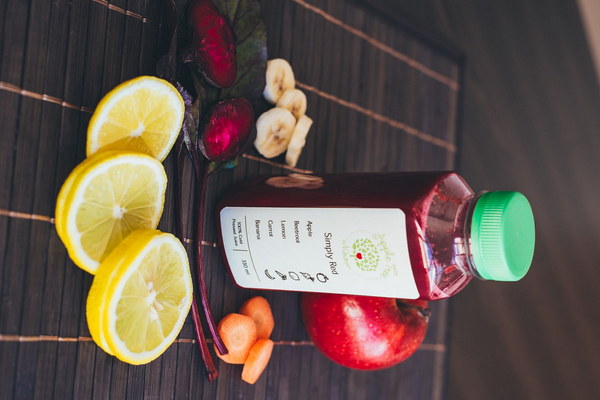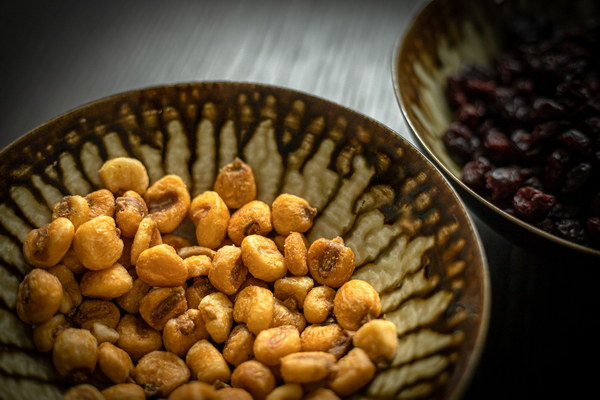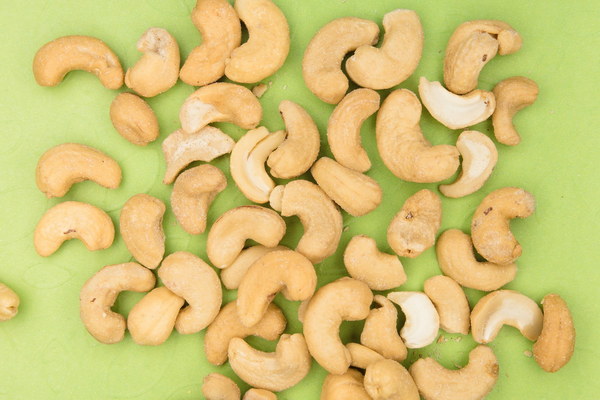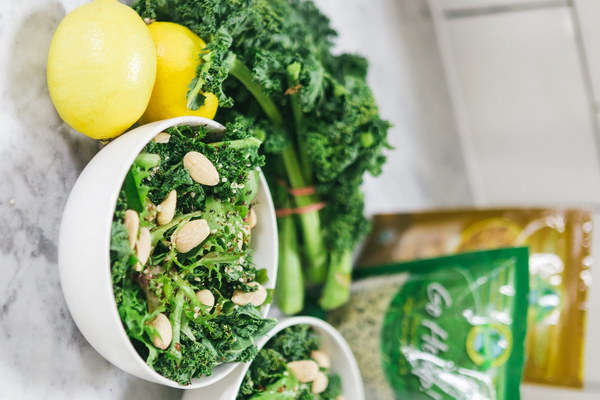Recovery and Nutrition A Comprehensive Guide to Post- Thyroid Nodule Surgery
Introduction:
Thyroid nodules are common, and when they require surgical removal, the recovery process can be challenging. Proper nutrition plays a crucial role in ensuring a smooth recovery and preventing complications. This article provides a comprehensive guide to post-thyroid nodule surgery nutrition, covering essential nutrients, dietary recommendations, and tips for a healthy recovery.
1. Importance of Nutrition in Recovery:
Proper nutrition is vital for post-surgery recovery as it aids in tissue repair, boosts the immune system, and prevents complications. Adequate nutrition can also help maintain energy levels, reduce fatigue, and improve overall well-being.
2. Essential Nutrients for Post- Thyroid Nodule Surgery:
a. Protein: Protein is essential for tissue repair and healing. Good sources of protein include lean meats, fish, poultry, dairy products, legumes, and plant-based alternatives.
b. Vitamin D: Vitamin D is important for bone health and plays a role in immune function. Sources of vitamin D include fatty fish, fish liver oils, fortified dairy products, and sunlight exposure.
c. Calcium: Calcium is vital for bone health and muscle function. Good sources of calcium include dairy products, leafy green vegetables, and fortified plant-based alternatives.
d. Iron: Iron is crucial for transporting oxygen throughout the body, which is vital for recovery. Good sources of iron include red meat, poultry, fish, legumes, and fortified cereals.
e. Folate: Folate is essential for cell growth and DNA synthesis. Good sources of folate include leafy green vegetables, citrus fruits, and fortified cereals.
f. Selenium: Selenium is an antioxidant that plays a role in thyroid function and immune response. Good sources of selenium include Brazil nuts, seafood, and grains.
3. Dietary Recommendations:
a. Balanced Diet: A well-balanced diet that includes a variety of foods from all food groups is recommended. This ensures an adequate intake of essential nutrients.
b. Hydration: Staying hydrated is crucial for recovery. Aim to drink at least 8-10 glasses of water per day, especially if you are taking medications that can cause dehydration.

c. Small, Frequent Meals: Eating small, frequent meals can help maintain energy levels and prevent gastrointestinal discomfort. Aim for 5-6 meals per day, with a focus on lean proteins, whole grains, and fruits and vegetables.
d. Avoiding Certain Foods: Some foods may exacerbate discomfort or delay healing. Avoid spicy, fatty, and high-fiber foods initially, as they can irritate the digestive tract.
4. Tips for a Healthy Recovery:
a. Consult with a Healthcare Professional: Before making any significant dietary changes, it's essential to consult with your healthcare provider. They can provide personalized advice based on your specific needs and recovery progress.
b. Monitor Progress: Keep track of your recovery and dietary changes. This can help you identify any potential issues and adjust your diet accordingly.
c. Focus on Overall Health: While specific nutrients are important, maintaining a healthy lifestyle, including regular exercise, stress management, and adequate sleep, can also contribute to a smooth recovery.
Conclusion:
Nutrition plays a crucial role in the recovery process following thyroid nodule surgery. By focusing on essential nutrients, following dietary recommendations, and maintaining a healthy lifestyle, you can support your body's healing and improve overall well-being. Remember to consult with your healthcare provider for personalized advice and to ensure a successful recovery.









